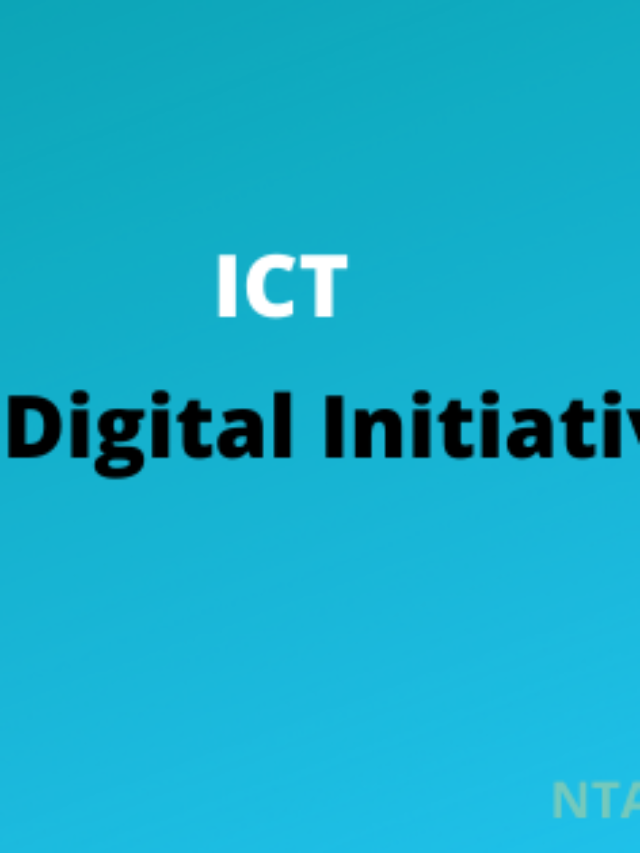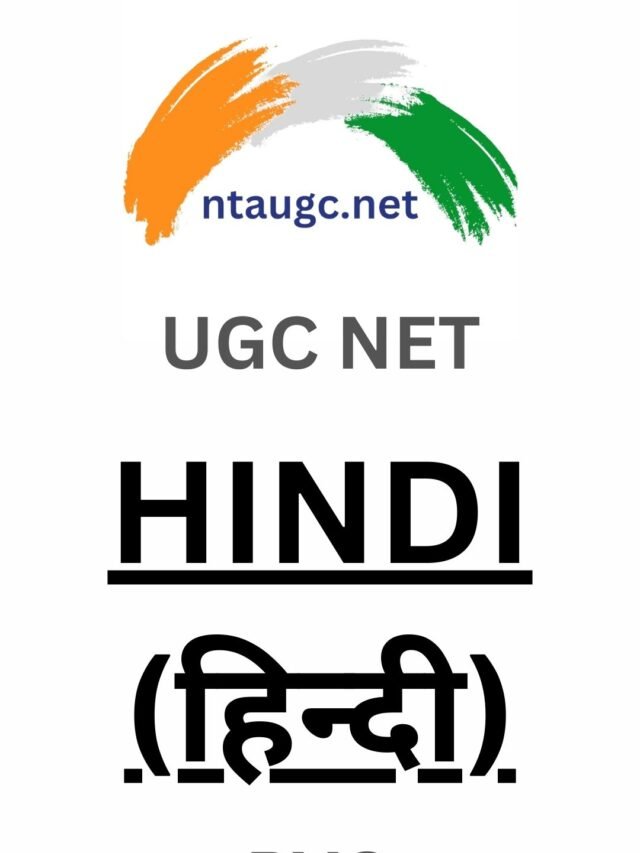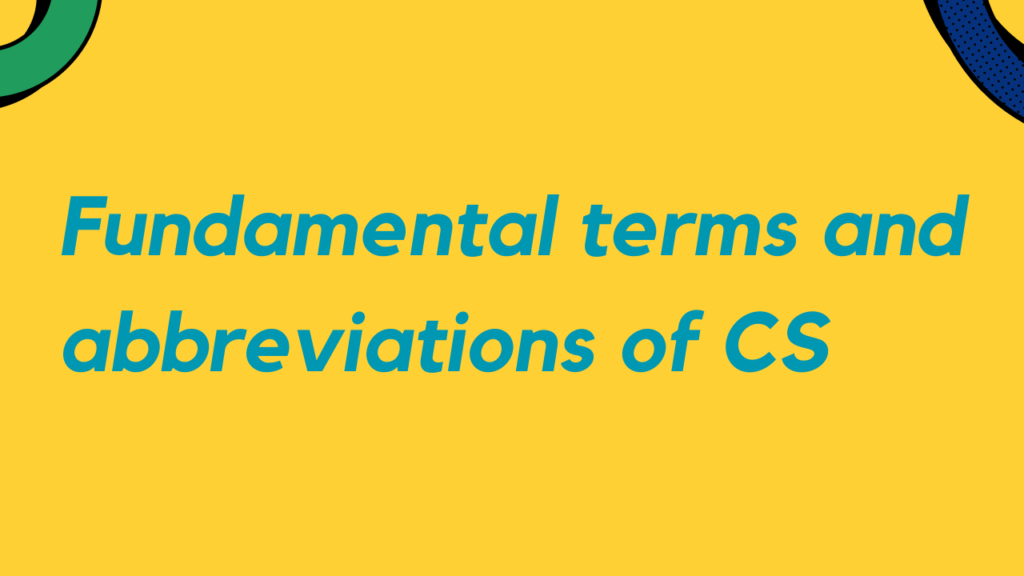Computer science is a rapidly evolving field, with new technology and terminology emerging on a regular basis. However, there are some fundamental terms and abbreviations that are commonly used in the field.
API (Application Programming Interface) – A set of tools and protocols that allow software programs to communicate with each other.
Algorithm – A set of instructions that a computer follows to perform a specific task.
ASCII (American Standard Code for Information Interchange) – A standard code used to represent characters in a computer.
Binary – A system of representing data using only the digits 0 and 1.
Byte – A unit of data storage that is typically composed of 8 bits.
CPU (Central Processing Unit) – The “brain” of a computer that performs calculations and instructions.
Compiler – A program that translates code written in a high-level programming language into machine code that can be executed by a computer.
Database – A collection of data that is organized and stored in a way that allows for easy retrieval and manipulation.
Debugging – The process of finding and fixing errors in a computer program.
Encryption – The process of converting data into a coded form to protect it from unauthorized access.
GUI (Graphical User Interface) – A user interface that uses visual elements like icons and buttons to interact with a computer.
HTML (Hypertext Markup Language) – A markup language used to create web pages.
HTTP (Hypertext Transfer Protocol) – A protocol used to transfer data over the internet.
IP (Internet Protocol) – A protocol used to transmit data over a network.
JavaScript – A programming language that is often used to create interactive web pages.
Kernel – The central part of an operating system that controls access to hardware resources.
Logic gate – A basic building block of digital electronics that performs a logical operation.
Memory – The component of a computer that stores data and instructions.
Object-oriented programming – A programming paradigm that uses objects to represent real-world entities.
Operating system – A system software that manages the resources of a computer.
Packet – A unit of data that is transmitted over a network.
RAM (Random Access Memory) – A type of memory that is used to temporarily store data for a computer to access.
Router – A device that forwards data packets between computer networks.
SaaS (Software as a Service) – A model for delivering software over the internet.
Server – A computer that provides resources and services to other computers.
SQL (Structured Query Language) – A programming language used to manage and manipulate databases.
Syntax – The set of rules that govern the structure of a programming language.
TCP (Transmission Control Protocol) – A protocol used to transmit data over a network.
URL (Uniform Resource Locator) – An address that identifies the location of a resource on the internet.
User interface – The part of a computer system that allows users to interact with the system.
VPN (Virtual Private Network) – A private network that is created over a public network.
Web application – An application that runs on a web server and is accessed through a web browser.
Web browser – A software application that allows users to view and interact with web pages.
Web server – A computer that serves web pages over the internet.
These are just a few of the many terms and abbreviations used in computer science. As technology continues to evolve, new terms and abbreviations will continue to emerge. It is important for computer science professionals to stay up-to-date











